Whenever an arts celebrity passes away, grief takes on a peculiar form thanks to that celebrity’s fanbase, who have likely folded the artist’s work into their lives or peripheral awareness, and therefore have that extra bit of closeness to the death. It’s healthy to acknowledge, however, that such sorrow is worlds away from that of those who knew the artist personally, which itself is worlds away from the sorrow felt by the artist’s loved ones.
To that point, the loss of Quincy Jones — who passed away in his home on Nov. 3 for reasons that have not been disclosed — was one that was felt around the world, with figures from Steven Spielberg to Paul McCartney to Kamala Harris paying tribute to the 28-time Grammy winner. But it was the reflection from his daughter, Rashida Jones, that hit the hardest.
In a recent Instagram post, complete with a photo of an infant Rashida being held by her father, the Parks and Recreation mainstay recounted an aggregated tale from her childhood, in which she’d wake up in the middle of the night in search of her dad, who often stayed up very late to compose music. She recalls that Quincy never sent her back to bed, and would instead smile and hold her in his lap while he continued composing, of which she said “there was no safer place in the world for me.”
Indeed, many knew Quincy for his film scores, record productions, and dexterity on the trumpet, but Rashida knew him as the purest form of the love that he always poured into his work; the love of a father.
Quincy’s career spanned seven decades, and to say he had a lot to show for it is putting it lightly. Beyond his aforementioned 28 Grammy wins (the most recent win composition-wise being his 1994 Best Large Jazz Ensemble Performance Award for Miles & Quincy Live at Montreux; he received Grammy honors as recently as 2019 for Quincy, a documentary co-directed by Rashida, in the form of a Best Music Film win), Quincy also won a Primetime Emmy Award in 1977 for Outstanding Music Composition for a Series, which came from his work on the miniseries Roots. He also won a Tony Award in 2016 for Best Revival of a Musical for The Color Purple, on which he served as a producer.
His wealth of honorary awards span a 1992 Grammy Legend Award, the 1995 Jean Hersholt Humanitarian Award, a 2024 Academy Honorary Award, and numerous other. He was notably responsible for the 1985 charity song “We Are the World,” which he produced and conducted in hopes of raising funds for those affected by famine in Ethiopia. A cover of the song was made for fundraising relief for the 2010 Haiti earthquake.
Rashida, of course, has carved out quite a path for herself in the arts world as well. Those who frequent the tube know her on Parks and Recreation, The Office, and Boston Public, and she also boasts the peculiar honor of having contributed to the story of Toy Story 4. That movie, of course, had absolutely no business being as fantastic as it was, and we apparently have Rashida to thank in part for its success as a work of art and an Academy Award winner.
And now, we also have her to thank for this insight into who Quincy was long before he evolved into a pillar of the jazz genre and the arts community worldwide. He was love, and will be so for generations.

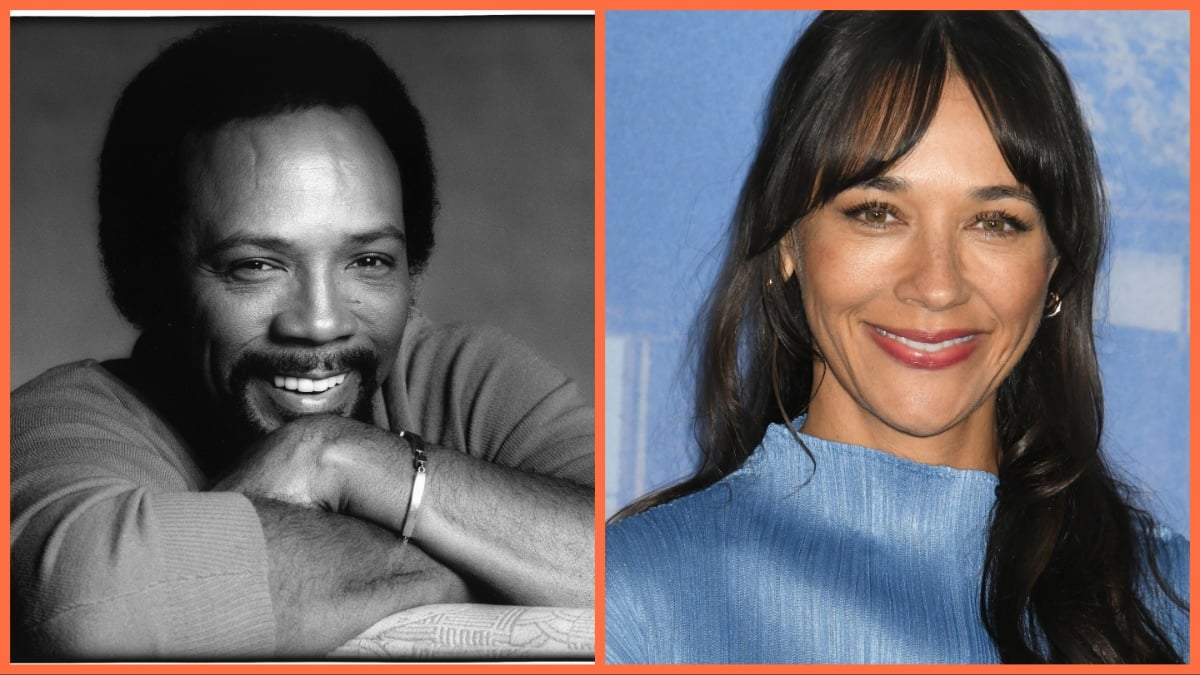
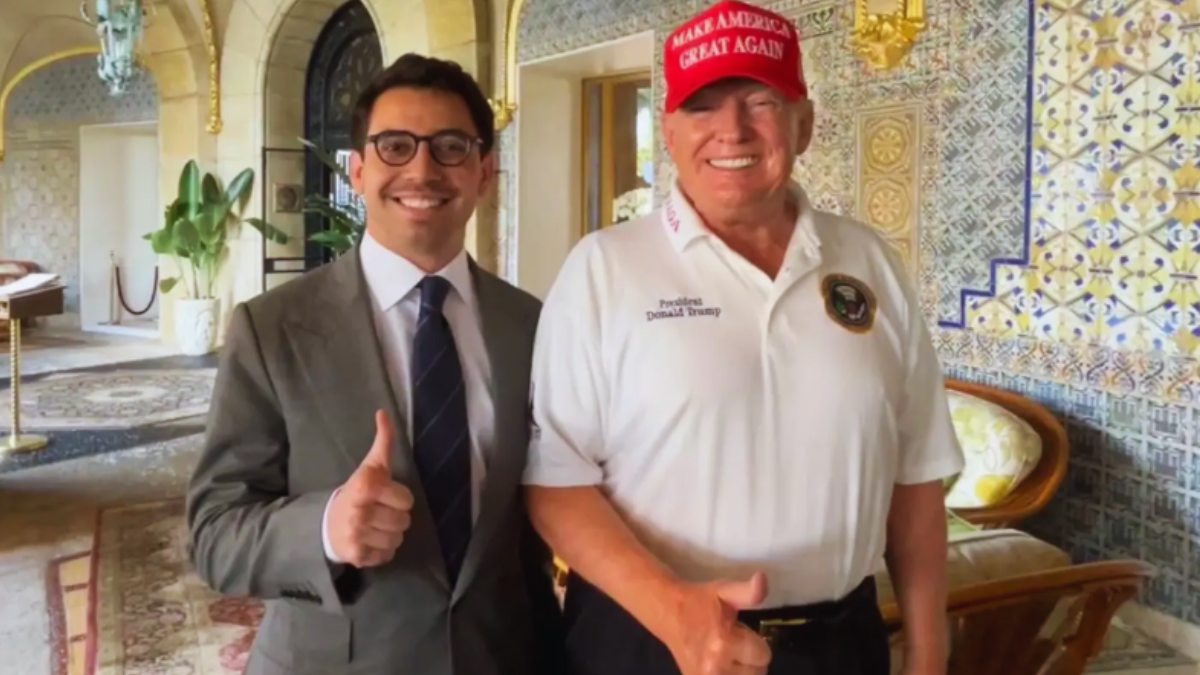

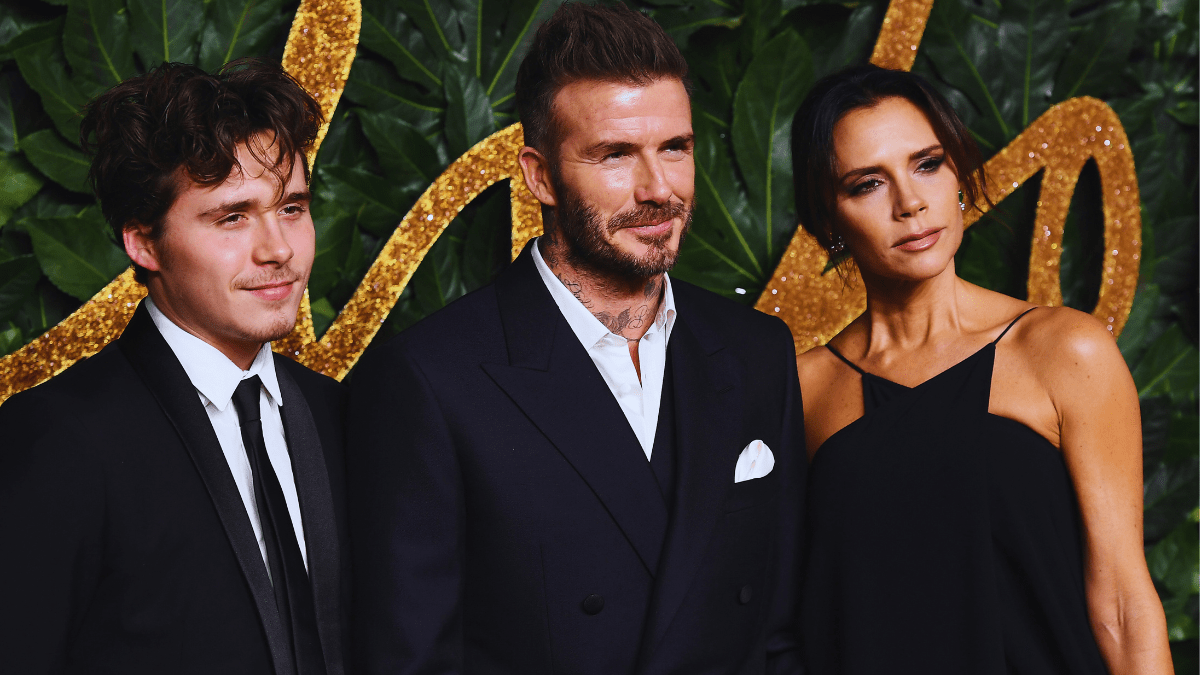
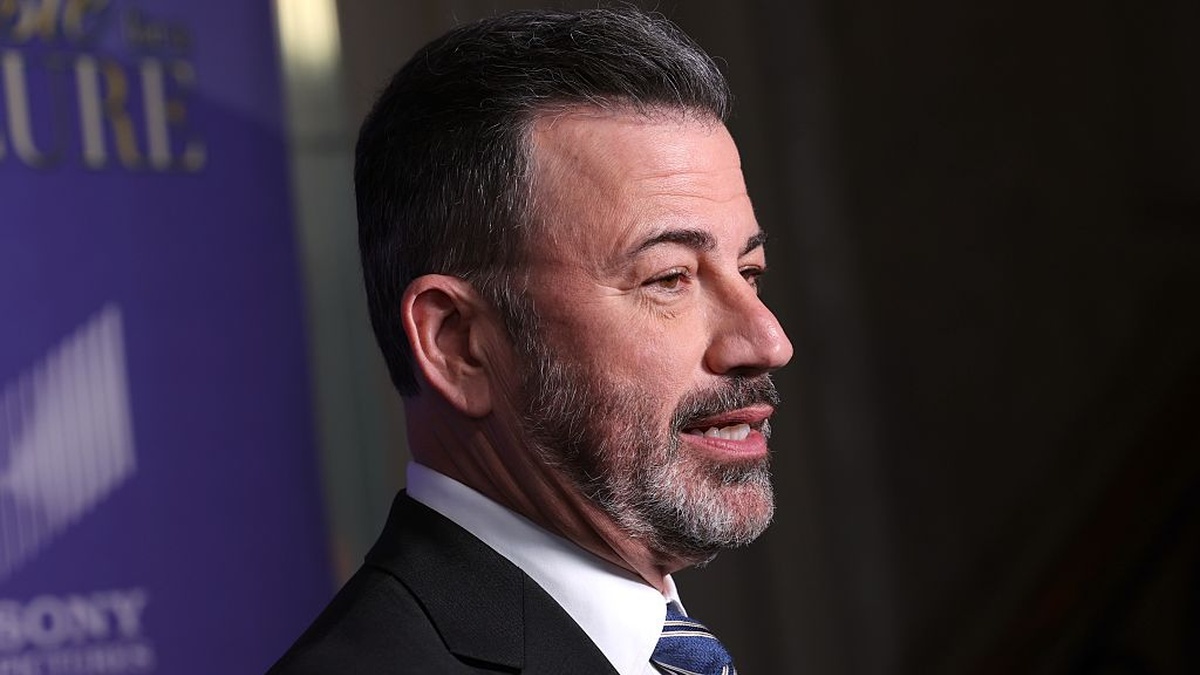
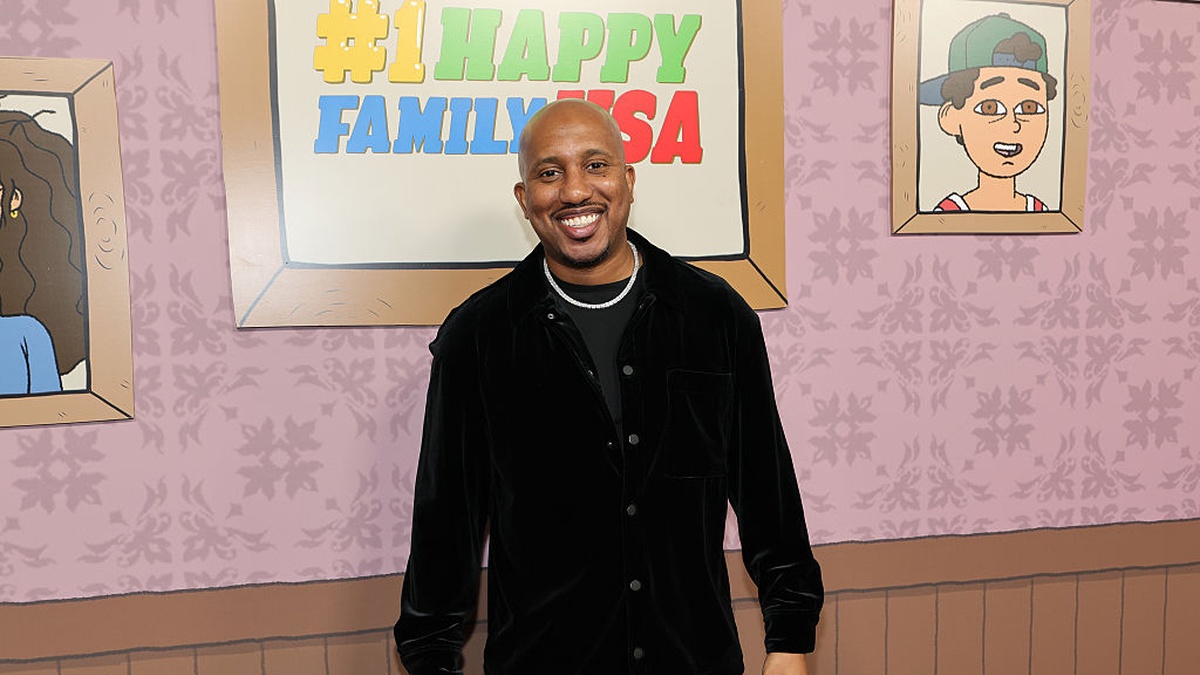




Published: Nov 8, 2024 01:36 pm